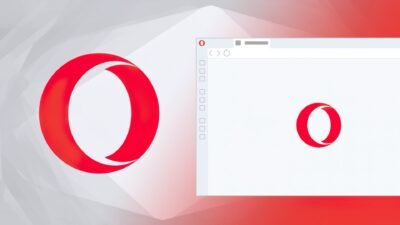OnePlus Slows Down Apps In Its Flagship Smartphones

The Chinese smartphone provider OnePlus is apparently deliberately slowing down the performance of many apps on its current top smartphones OnePlus 9 and OnePlus 9 Pro. The reasons for this are still unclear, but the case is already having concrete consequences.
As AnandTech reports, tests with some standard browser benchmarks showed that the OnePlus 9 Pro delivered surprisingly low results for such a well-equipped smartphone. In multiple tests, the performance also decreased and the software of the device ensured that after a series of runs, only the energy-saving cores of the CPU were loaded.
Many popular apps affected
In further tests, it was found later that a large number of other apps are also affected by this behavior. The reason for this is apparently a kind of blacklist, which apparently affects numerous well-known apps such as Chrome, Twitter, Zoom, WhatsApp, Facebook, Instagram, YouTube, Discord, Firefox, and the Microsoft Office suite.
If an app is on this list, the most powerful, the so-called ARM Cortex-X1 core of the Qualcomm Snapdragon 888 SoC built into the OnePlus 9 (Pro) is deactivated and the three other ARM Cortex-A78-based performance cores are braked. With longer use, the software of the devices apparently ensures that only the energy-saving ARM Cortex-A55 cores of the CPU are loaded.
Similar measures are also being taken by some other smartphone manufacturers who try to guarantee the long-term usability of the respective devices and to achieve a balance between performance and battery life. In the case of OnePlus, however, the way in which the performance regulation is implemented is extremely unusual.
The makers of the well-known benchmark tool GeekBench criticize that the decision about how much computing power is made available to an app is not made dependent on the behavior of the app, but simply on its name. The two current OnePlus devices were therefore deleted from the GeekBench database, as the data previously collected for the smartphones can no longer be viewed as credible due to the performance impact.
Most users should hardly notice the OnePlus performance blacklist in everyday use. The manufacturer has used framework boosters and touch boosters to improve the smartphone’s response to inputs and the display of content, and to compensate for the losses caused by the power limitation.
Digital marketing enthusiast and industry professional in Digital technologies, Technology News, Mobile phones, software, gadgets with vast experience in the tech industry, I have a keen interest in technology, News breaking.











